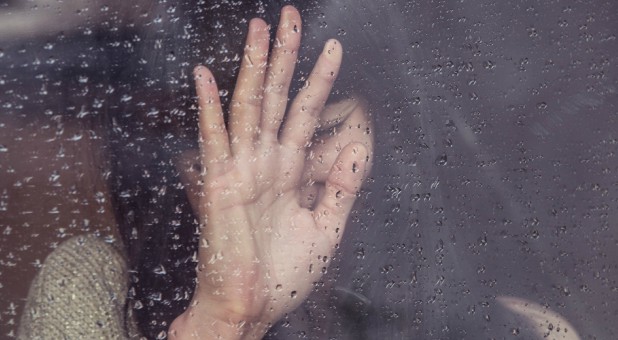Are You Ignoring The Least of These When it Comes to the #MeToo Movement?
I’m writing this from Thailand, a country known for its vibrant culture, delicious cuisine and white, sandy beaches. But I’m not here on vacation.
Over the past few years, I have traveled to Thailand to force myself out of my comfort zone. I come here to remind myself that, while much has been accomplished to fight sexual harassment and violence in America, there’s still much work to be done. Countless women across the world are crying “me, too”—and few are listening.
That’s the case with Thailand’s thriving sex industry in Bangkok and other tourist centers. In Pattaya alone, an estimated 50,000 sex workers roam the city’s red-light districts every night. These young women line the roads, dancing or calling out to customers. They sacrifice their bodies, their health and their dignity because they think it’s the only way they can earn a living.
The world calls them prostitutes, but I think that’s an oversimplification. They’re really victims of a complex form of cultural slavery.
“The umbrella over everything here is poverty,” our partner in Thailand said. “Underneath that umbrella are several nuances: lack of education, gender inequality, domestic violence, and abuse … easily 50 percent of these girls suffer from childhood sexual abuse.”
Many of these girls are chained to this lifestyle simply to provide for their families. And in so many ways, it’s a sacrifice. Many of them work difficult factory jobs for at least eight hours a day before working through the night in the bars. They have little time to eat or sleep, but it’s the only way they know how to survive.
Others had literally no choice in the matter—they’re forced into the sex industry by strangers and even family members. That was Da’s story.
When Da was just 11 years old, she was trafficked out of her rural village and sold as a slave in the capital. It was the first of five times she would be traded for money, treated as little more than an object for someone else’s convenience.
The elderly couple that eventually ended up with her soon discovered her small, 11-year-old body couldn’t handle the heavy lifting they required, so they sold her again. Without an education, Da ended up working in the bars. She was told it was the only thing she was good for, that was her lot in life. And in the labyrinth of Thailand’s red-light districts, Da’s hope of escaping the sex industry was next to zero.
With the help of many generous supporters and passionate Thai partners who want to make a difference in their country, World Help provides a safe home for women who have entered or who are at risk of entering the sex industry. At the home, the women don’t have to worry about where their next meal will come from or where they will sleep at night—everything is taken care of. They’re free to pursue an education and to dream of a new future.
When Da arrived at our home, she bore the scars of years of abuse. She could barely read and write. She didn’t even know how old she was. But over time, she started making progress. Da is now living in a safe place, away from the blinding lights and blaring sounds of the red-light district. She’s found a community of people that loves and cares for her, and she’s proving wrong everyone who told her she was only good for the sex industry: she’s studying to become an engineer.
I keep coming to Thailand because I need to be reminded that the women in Thailand’s sex industry are more than a statistic—they are real people who are suffering. I don’t want to forget or ignore the fact that women and girls such as Da in Thailand and in countries across the world are crying, “me too.” My prayer is you will remember them and hear their cry, too. {eoa}














































